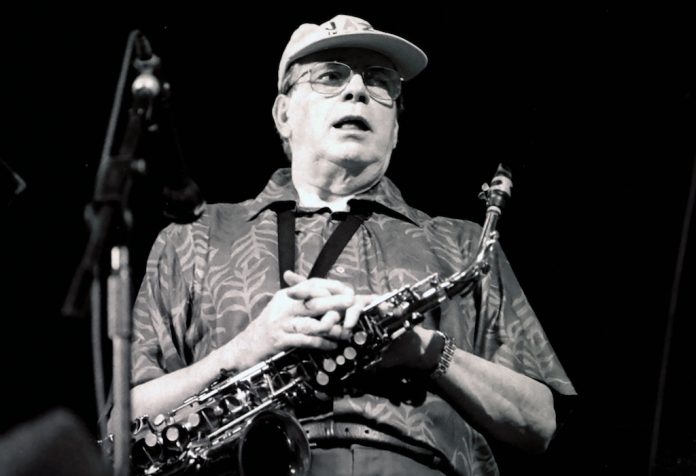
Did the audience for Charlie Parker’s Boston, Massachusetts performance of 11 December 1952 feel that Christmas had come a fortnight early? I put the question only hypothetically, not least because trying to formulate a concrete answer would take way too long. But I also put it because an embarrassment of riches is difficult to see while in the midst of one, and considering the jazz giants that still strode this earth in that year such an embarrassment was undeniable at that point.
But the “golden age” is a slippery notion, shot through perhaps inevitably with nostalgia on the part of those who lived through it, and held up as some kind of exemplar, replete with relevant names of course, by those young enough to see the past as rosy by comparison with a present depleted in ways too numerous to discuss here.
Keep Parker’s music in mind and, by way of a rudimentary and ultimately pointless mental exercise, consider it when set against the efforts of tribute bands, that curious “modern” phenomenon that keeps both feet so firmly planted in the past that toppling over into the present, complete with the risk of incremental injury, is inevitable. They do good business, these bands, most obviously with the audience that wants to hear “those songs” reproduced as “faithfully” as is physically possible, and to hell with cultural atrophying. To no small degree this suggests, at least to those who care enough to ponder such things, that many music lovers are happy for life’s journey to be in this respect over long before the final curtain falls on being alive, for while the life preserved on “records” will in some sense never grow old, the same cannot surely be said for endless live reproduction, not least because sooner or later the photocopies fade while the blueprint remains.
The likes of Woods, P. and Adderley C., all the way through to Red, S. and Jenkins, J. never went out as Parker tribute acts although their collective debt of gratitude was far from covert. The reason for this was tantamount to the difference between evolution and reproduction, with greater credence by far given to the former. So to return to those most fortunate Bostonians of some 68 years ago, they could of course have known only what they were getting in that possibly life-changing period they spent in the same room as a master. They hadn’t the frame of reference necessary to compare the experience with that of witnessing a tribute band in full-flow, not least because they were around at a point in time when paying such overt tributes wasn’t on the cultural agenda.
It would be downright silly to argue that in the decades since we as a species have culturally regressed, but the fact remains that for a percentage of those who attend gigs regularly or otherwise the familiar, the known – is where it’s at, and this as true of the major urban centres as it is of those places where live music is provided and facilitated by those who by dint of social reality operate on a shoestring / backs-to-the-wall / seat-of-the-pants / labour-of-love basis, at least it was before a virus the effect of which is still in process as I write this, wrought the changes that it has, and to ask why this is so is I suspect to provoke a range and diversity of answers.















